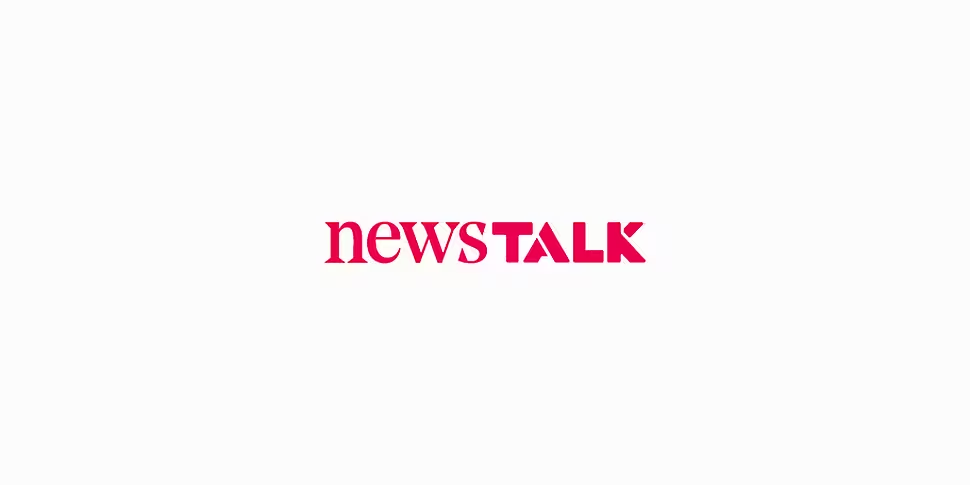The British Irish Parliamentary Assembly says technology should be used on the Irish border after Brexit, but only in a "worst case scenario".
The assembly's Economic Affairs Committee says the unique circumstances on the island of Ireland, relating to agri-food, must be respected during the negotiations.
A report was adopted at the 56th plenary session, which took place over the course of the last two days in Co Sligo.
The committee was looking into the implications of Brexit on the agri-food sectors.
The committee made a number of conclusions and recommendations relating to trade, the border, labour, currency and EU funding.
The recommendations include that every effort should be made to prevent a physical border being positioned between the Republic of Ireland and Northern Ireland.
But it says "in a worst case scenario" of a physical border, "technology should be availed of and systems should be put in place to allow for as frictionless as possible transit from one side of the border to the other."
It adds that contingency plans for this eventuality should be drafted "well in advance" of any determination.
The committee says: "It is imperative that skilled workers currently working in both jurisdictions retain the right to work and reside after withdrawal.
"The UK government should prioritise food security over the UK being self-sufficient in food production.
"Governments and administrations in BIPA jurisdictions, especially the UK government, should work with the agri-food sector and its representatives to highlight how it can be more productive when there is currency depreciation."
It also says London should work closely with devolved governments to devise "a UK-wide replacement to the Common Agricultural Policy."
The 56th #BIPA Plenary has now concluded. The 57th Plenary will take place in #London in the autumn; stay tuned for updates. pic.twitter.com/PoRJTKRgp7
— BritishIrish (@BritishIrishPA) June 12, 2018
Back in May, Tánaiste Simon Coveney dismissed using technology infrastructure on the Irish border after Brexit.
Mr Coveney said the use of drones or scanning systems cannot be allowed at the border, while he reiterated his call for a shared customs area.
He told the BBC at the time: "It would be helpful if the British government actually had some consensus around this concept, as opposed to consensus around something else - which people seem to think might work using technology or some other way of creating as seamless a border as possible, but nevertheless border infrastructure."
"Let's not forget what's been agreed in these negotiations to date: because last December there was a clear agreement that the British prime minister signed up to that there would be no border infrastructure of any kind on the island of Ireland and no related checks or controls.
"That means we're not talking about cameras and scanning systems and drones here - it means we're talking about a political solution that allows for regulatory alignment in a way that prevents the need for border infrastructure".
Committee deputy chair Joan Burton says: "This inquiry made abundantly clear how the agri-food industries in BIPA member jurisdictions are closely connected, including through significant trade and processing aspects.
"The BIPA members are key export and import markets for each other’s agri-food sectors.
"For example, the UK and Ireland are each other’s largest export market for food and drink.
"It is therefore incumbent on all parties in the negotiations to secure an outcome which is the least damaging to the interests of the agri-food sector".









